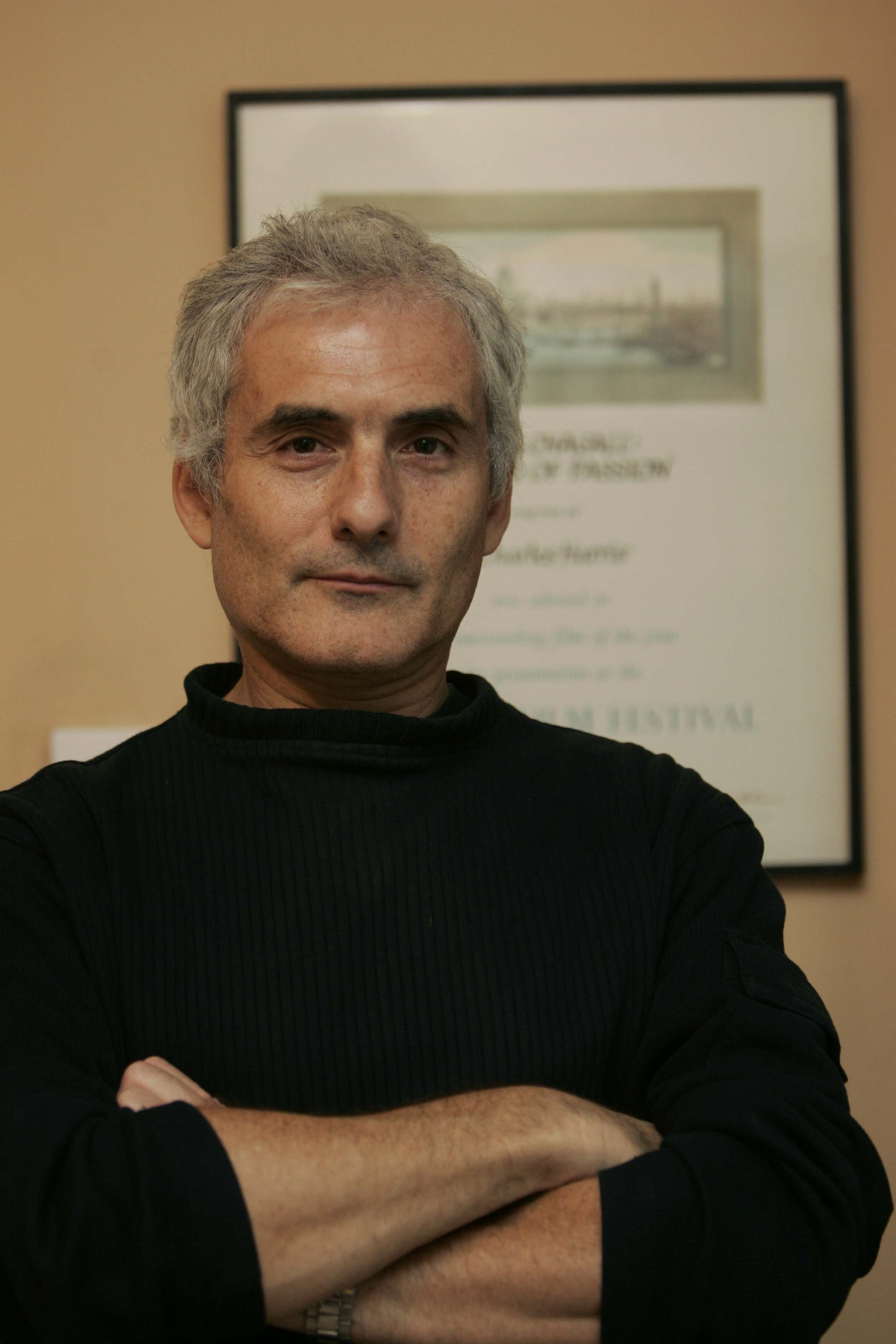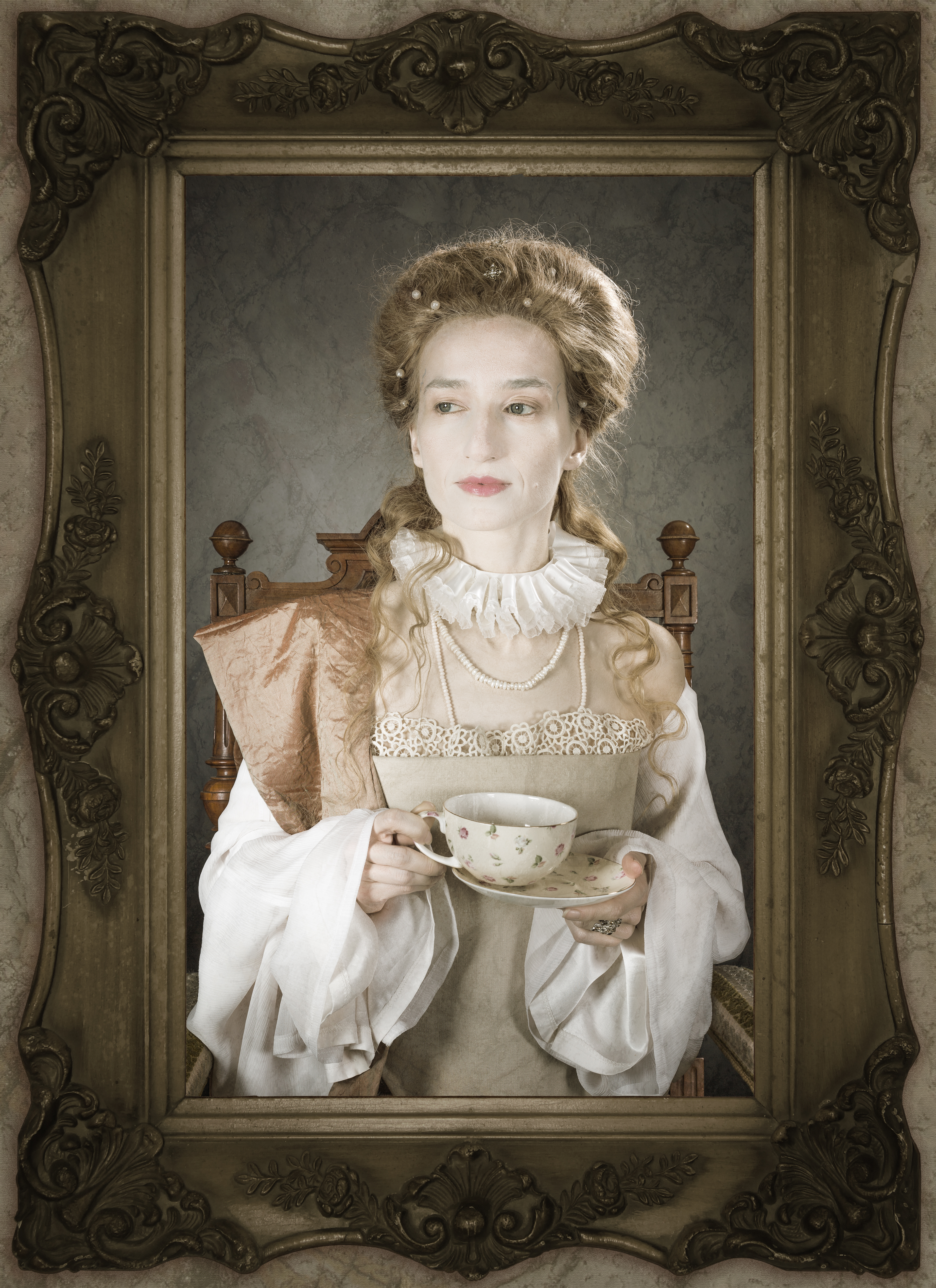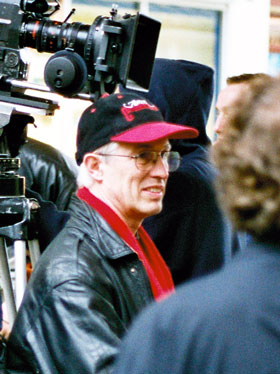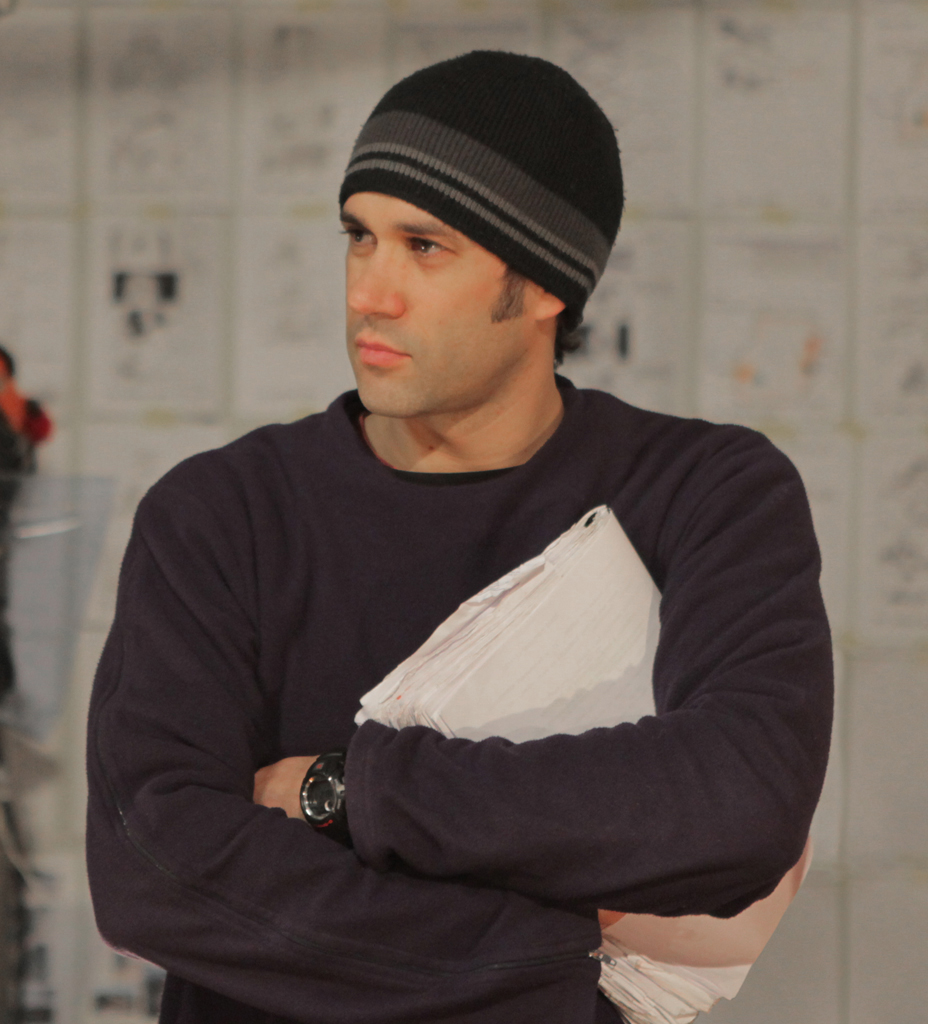ASK & DISCUSS
INDEXAm writing a short film script: need help with scene headers
9 years, 10 months ago - Harrington Day
Hi
Can someone help me with this: I have a scene that starts off with the woman coming home in her car and entering her house then the action goes from the hallway to a bedroom. In the scene header how do I show this? I am toataly new to this discipline.
Should I start this scene header with: EXT./INT. ? from what I have gleaned so far on the net is that scene headers should not be overly long and too complicated. Do I put the town and city in the header or just the town ie: VENICE TOWN/VIRGINIA - MANDY'S HOUSE - DAY
The other question I have concerning scene headers is that I wanted to put a specific time of day in the scene header as one scene takes place hours after the previous scene and the same with the next scene. The action in these mentioned scenes takes place in different rooms. Using (LATER) does not feel right as when the script pages are mixed up from a production POV (LATER) does not put the scenes in the right order.
One scene happens 3 months later. All scenes are at the same master location, just different rooms in the same house.
Would be much appreciated if someone could clarify this for me.
Kind regards
Harrington Day
Only members can post or respond to topics. LOGIN
Not a member of SP? JOIN or FIND OUT MORE
9 years, 10 months ago - Marlom Tander
It's a short. It's not going to be handed off to a high powered Hollywood team of professionals who all need to get everything from a simple read.
Mandy's House - Day should work.
Specific times? The audience doesn't know what time it is unless you tell them. Are you telling them? The ticking clock etc. But if you're doing that, why? Have a good story reason. This is why timings tend to be Dawn, Early Morning, Midday etc, because what that says to the Director and Crew is "light this and dress this so the audience knows it's dawn etc". 7am is useless because 7am can be anything from Night to Day.
You only see specific times or time intervals in the thriller/con/heist genre where you use time pressure as a driver.
From a writing POV I do have a script where every scene has a time to the minute, but that's because it's a multithreaded narrative and a total jigsaw, and I need to know exactly who is where and when. In fact this script started as a spread sheet mapping character events/locations by time. However by the time it becomes a shooting script most, if not all, of that will go and it will be Dawn, Dusk, Moments Later etc
9 years, 10 months ago - Harrington Day
Thanks Marlom:)
What do I do then if it's later on that day or three months later?
Kind regards
HD
9 years, 10 months ago - Marlom Tander
Later that day, but still daytime, is just LATER. If it's later and evening, it's EVENING. It's what on screen that should tell the audience that it's still the same day.
Three months later - you could simply say "SCREEN TEXT "Three months later...." BUT you really want to make it clear on the screen that time has passed if you can. Three months is a change of seasons (if you have exteriors). Or it's time for a plant to grow bigger. Or a man to grow a beard. Or a woman to have a new hair style / colour. Or a puppy to get bigger.
TBH I'd be wondering if being specific about three months really mattered. There is a difference between what you know is happening, and what the audience needs to know. As soon as you can make it "some months" you can do it all with set and costume and acting and words, rather than text on screen.
9 years, 10 months ago - Charles Harris
Marlom is right on the money when he says there's a difference between what you put on the page and what the audience understands. I'd go even further. Even if you're writing a short, your scene header is valuable to help the crew. At some point someone's going to want to break the script down into shooting order (unless you plan to shoot every single scene in the order it appears, which is usually time-consuming). So you need to say whether a scene is INT or EXT or INT/EXT (which means you're inside something small that itself is outside, such as a car or a helicopter).
The problem with putting INT. MANDY'S HOUSE - LATER is that at some point it may get rearranged into a shooting order and someone then has to check which the previous scene is. So, if you absolutely have to write INT. MANDY'S HOUSE - DAY - LATER but ask yourself why you need the LATER at all. Every scene comes "later" unless it's a flashback!
You might include some info to help the crew/costume/design such as INT. MANDY'S HOUSE - THREE MONTHS LATER but any time you do this, you must remember you haven't yet told the audience. One of the easiest things to do is confuse the audience about time.
While Marlom's right about not having to please a Hollywood team, personally I'd start off the way you want to go on, and get into good habits. They'll stand you in good stead in the future. The formatting of screenplays is there for a purpose - it makes life easier.
If you want to download a simple and fun sample script format that explains all the little tricks you need to know about layout, I've got a free one at http://www.charles-harris.co.uk/screenplay-format-guides-cinema-tv/
Charles
9 years, 10 months ago - Harrington Day
Great. Many thanks Charles. I have used INT./EXT. for this:
EXT./INT. GEORGIA’S HOUSE/KITCHEN - DAY (LATER)
Jackie arrives home with groceries and hears Georgia playing the violin manically from her open bedroom window. Her bedroom door is closed. Jackie goes to the kitchen to prepare the evening meal.
JACKIE
Georgia! Shut the window please. Georgia I’ve good news!! Georgia!
Is this right?
9 years, 10 months ago - Harrington Day
I know I should of put how she enters but I had to cut the script down so much to get it to fit 7 pages. Apart from this is the scene header Ok?
Thanks for your help btw:))
9 years, 10 months ago - Alève Mine
I'm unfamiliar with the INT./EXT. notation. Not even from school do I remember that. But if I got Charles' reponse right, INT/EXT doesn't mean sequentially, but simultaneously. In your scene, that may be the case if you film the whole thing only from outside.
I would possibly make it 2 scenes: EXT., then unlocks the door and pushes it, lifting a foot to enter. Then comes an INT. scene that starts after she's in the house. Of course if you want to make it a non-stop shot, you may want to check "Birdman"'s script if it is anywhere. I don't know how they formulated it. That said, maybe the director / production can implement your 2 scenes into 1 anyway in the shotlist and production plan if that's what they want to go for.
But I think I'd leave out KITCHEN - unless there is a very special room sound in there that may impact any postprod sound work, in which case I may make it a third scene in the script for clarity. Indeed Kitchen isn't the only area we go through (assuming it is seamless) in the house, possibly in one shot, so it's in fact a single space. I'd also leave out LATER. If for some reason (angle of the sun or the like) you need to know it's after a another specific scene, you can describe the impact that that fact has on the current scene, or if it is otherwise necessary, make a shot note stating after which scene it chronologically comes, and how that impacts the shot.
Of course with all that your script may get longer than 7 pages. Try a font half a point smaller if your software allows. :)
Don't listen to me.
I usually define if it is INT or EXT (as well as the time of day) by thinking of the desired light, sound, and and other attributes in the image on the one hand, and where the camera and other gear will be on the other hand. So there are the targeted film result as well as the production planning that someone will ultimately need to think of. If the gear stands outside, we may want to prepare for the case where it's raining, for instance, with protection over the gear. There can be some odd situations, where the gear is outside but the image is only the inside of the window, or the light is like indoors but the sound like outdoors, maybe with wind machine, too (I'm in scifi, action, fantasy and surreal. Stranger things have happened.). I'm sure these may not be much of an issue for some pure writers, but I tend to, if not in the first draft, eventually have a draft with such things in mind.
I hope this somehow helps.
9 years, 9 months ago - Harrington Day
Thank you Alève for you advice and help and to everyone else helping me. I think I should invest in a proper screen writing course. Anyone know of one?
9 years, 9 months ago - Alève Mine
NFTS? That's the only one I took, so I can't compare it with other schools.
9 years, 9 months ago - Rita Wheeler
Hi Harrington,
I would recommend Euroscript. www.euroscript.co.uk for courses. I see Charles Harris has answered one of your questions. He is a tutor for Euroscript as well as running his own courses. I would highly recommend him. Also, if you are getting in to screenwriting, it would be worth investing some money and a few days of your time to go to the London Screenwriters' Festival. 2nd - 4th September at Regents College, London. www.londonscreenwritersfestival.com This is run by Chris Jones who as well as being really well organised is enthusiastic and inspiring. If you sign up now you will get emails reminding you of all the deadlines for the various initiatives included in the festival as well as access to previous years' recorded sessions. Well worth it. Good luck.
9 years, 9 months ago - Paul Campion
Study and analyse scripts for existing films, where you can compare how they were written and how they were filmed and edited: http://www.imsdb.com/ has hundreds of scrips.
Although there are no set rules, generally you woudn't use INT/EXT unless your action is simultaneously cutting back and forth between the interior and exterior - eg where your characters are in driving along in a car having a conversation, and you're going to be cutting between exterior shots of the car driving along, and shots filmed from inside in the same scene.
For your scene I'd use something like this:
EXT. GEORGIA'S HOUSE - DAY
Jackie walks up to the house carrying bags full groceries. She hears the sound of a violin being played maniacally - coming from Georgia's open window. Jackie opens the front door, goes inside into --
INT. GEORGIA'S HOUSE - KITCHEN - DAY
An open plan kitchen, a hallway leading off it, doors to the bedrooms, one of which is shut.
Jackie puts the groceries down. Starts unpacking and preparing the evening meal. The sound of the violin continues, muffled now through Georgia's closed bedroom door.
JACKIE
(shouting)
Georgia! Shut the window please. Georgia I’ve good news!! Georgia!
You need to define exactly where each scene will be filmed for the crew. If someone is walking through the house, from the hall up the stairs to a bedroom you need to define each of those separately - INT. GEORGIA'S HOUSE - HALL, INT. GEORGIA'S HOUSE - STAIRS, INT. GEORGIA'S HOUSE - BEDROOM etc.
Your script should be a blueprint for your crew, everyone should be able to read it and be able to assess what they will need to do for their own job - a location manager will need to know they need a house with a stairs and an upper bedroom, a director of photography will need to know what rooms he'll need to light, and what action takes place in each room etc.





